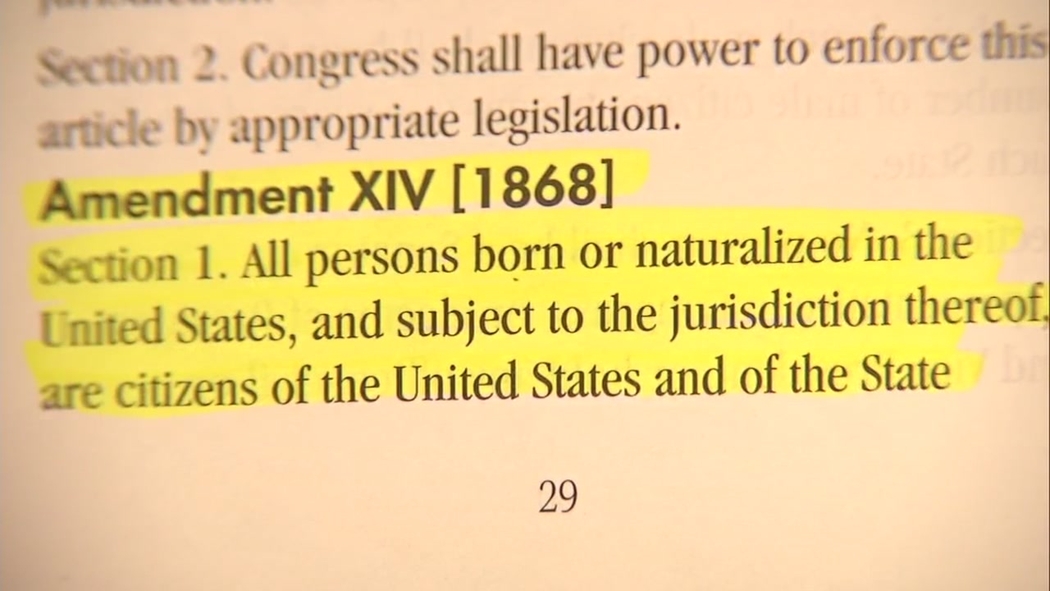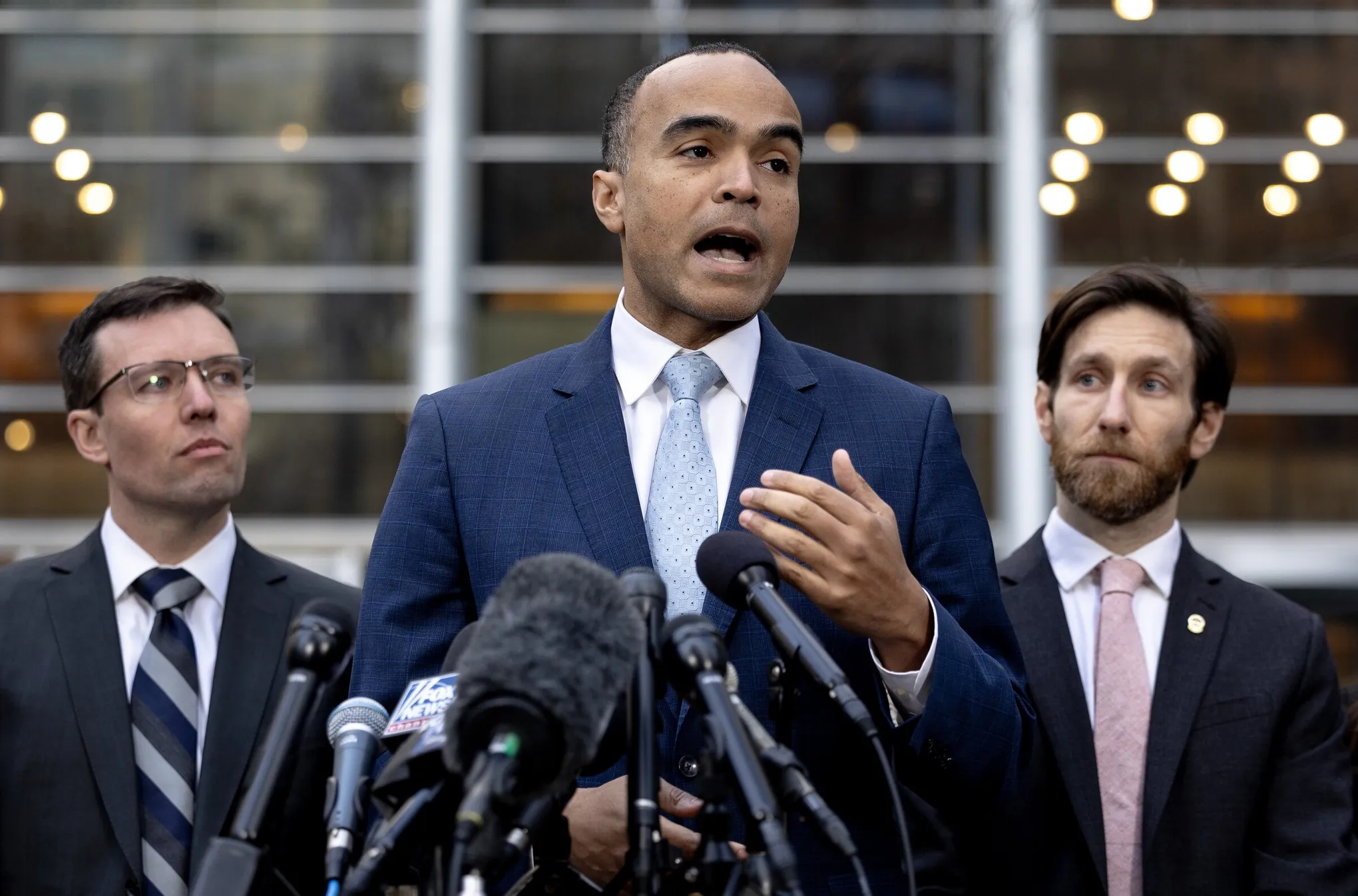Indian couples residing in the United States have recently been approaching maternity clinics and doctors to request caesarean (C-section) deliveries. This trend, often involving preterm deliveries, has raised significant concerns among medical professionals. Experts warn that such procedures, particularly when performed before full-term gestation, can pose severe risks to both mothers and their newborns. Despite these warnings, the number of requests for preterm C-sections has surged, primarily due to the implications of an executive order issued by former President Donald Trump, aimed at ending birthright citizenship in the United States.

The Surge in Requests for C-Sections: A Response to Birthright Citizenship Policy
Doctors in the US, including Indian-origin gynecologists, have reported a notable rise in pregnant Indian women seeking C-sections. Many of these women are in their eighth or ninth month of pregnancy, and their urgency stems from the executive order signed by Trump. This order sought to eliminate birthright citizenship, creating a strict deadline for granting automatic American citizenship to children born in the country.
Key aspects of the policy include:
-
Children born in the US before February 19: Automatically qualify for American citizenship, provided their parents meet specific conditions.
-
Children born after February 19: Will not gain citizenship unless at least one parent is a citizen or holds a Green Card.
-
Deportation risks: Children born after the deadline may face deportation upon turning 21 if their parents lack citizenship or Green Cards.
The backlog of Green Card applications—stretching up to a century for many—has left approximately one million Indians in limbo. This uncertainty has led to a sense of urgency among parents-to-be, as birthright citizenship offered a glimmer of hope for family stability in the US.

Risks of Preterm Births: Why Doctors Discourage Urgent C-Sections
Medical professionals emphasize that preterm deliveries, especially those facilitated by C-sections, carry significant risks for both mother and child. These include:
Health Risks for the Baby
-
Underdeveloped Lungs: Premature infants often experience respiratory distress syndrome, where their lungs cannot produce enough surfactant to remain open.
-
Feeding Problems: Difficulty in feeding can lead to nutritional deficiencies.
-
Low Birth Weight: Increases the risk of infections and long-term health issues.
-
Neurological Complications: Premature birth can affect brain development, potentially leading to cognitive and motor impairments.
Emotional and Physical Impact on the Mother
-
Trauma from Early Delivery: Mothers often face heightened stress and anxiety due to their baby’s fragile health.
-
Physical Recovery: The recovery process from a preterm C-section can be more challenging.

‘We Are Terrified of the Uncertainty’: Voices of Indian Families
For many Indian families, the executive order has upended their plans and dreams. Some poignant accounts include:
-
A woman due in March: “We were counting on our child being born here. This was the only way to ensure stability for our family. We are terrified of the uncertainty.”
-
An H-1B visa holder: “We sacrificed so much to come here. Now, it feels like the door is closing on us.”
-
An undocumented immigrant: After eight years in California, one man and his pregnant wife felt “crushed” by the policy, as they had hoped to secure citizenship through their child.

What is Birthright Citizenship?
Birthright citizenship guarantees that anyone born in the United States automatically acquires American citizenship. Established by the Citizenship Clause of the 14th Amendment in 1868, this policy applies regardless of the parents’ immigration status. The clause states:
“All persons born or naturalized in the United States, and subject to the jurisdiction thereof, are citizens of the United States and of the State wherein they reside.”
This long-standing principle has been a cornerstone of American immigration policy but now faces significant challenges under Trump’s executive order.

Legal Challenges to Trump’s Executive Order
The controversial order faced immediate backlash from multiple states and immigrants’ rights groups. Seattle-based US District Judge John Coughenour temporarily blocked its implementation, deeming it “blatantly unconstitutional.” The ruling prevents enforcement of the order for 14 days, during which further arguments will be presented.
Key points from the legal challenge include:
-
Nationwide opposition: 22 states and several advocacy groups have filed lawsuits.
-
Judicial critique: Judge Coughenour described the order as “a clear violation of constitutional rights.”
This temporary reprieve has offered hope to many families, although the uncertainty surrounding the policy’s future persists.

Perspectives on Preterm Surgery for Birthright Citizenship
Opting for preterm surgery to secure US citizenship raises ethical and medical concerns. While the desire to provide a stable future for their children is understandable, such decisions prioritize short-term gains over long-term health. The potential risks include:
-
Compromising the infant’s health for citizenship benefits.
-
Subjecting the mother to unnecessary medical risks, which could lead to complications in future pregnancies.
Parents must weigh the potential consequences of their actions and consider the broader implications on their family’s well-being. Sacrificing a child’s health for the sake of citizenship may have lasting repercussions that far outweigh the benefits of a birthright.
The rush for preterm C-sections among Indian couples in the US highlights the far-reaching implications of the proposed changes to birthright citizenship. While the desire to secure a stable future for their children is understandable, the risks associated with premature births cannot be ignored. Families must carefully consider the ethical, medical, and emotional consequences of their decisions, prioritizing the health and well-being of both mother and child over short-term gains.
With inputs from agencies
Image Source: Multiple agencies
© Copyright 2024. All Rights Reserved Powered by Vygr Media.

























